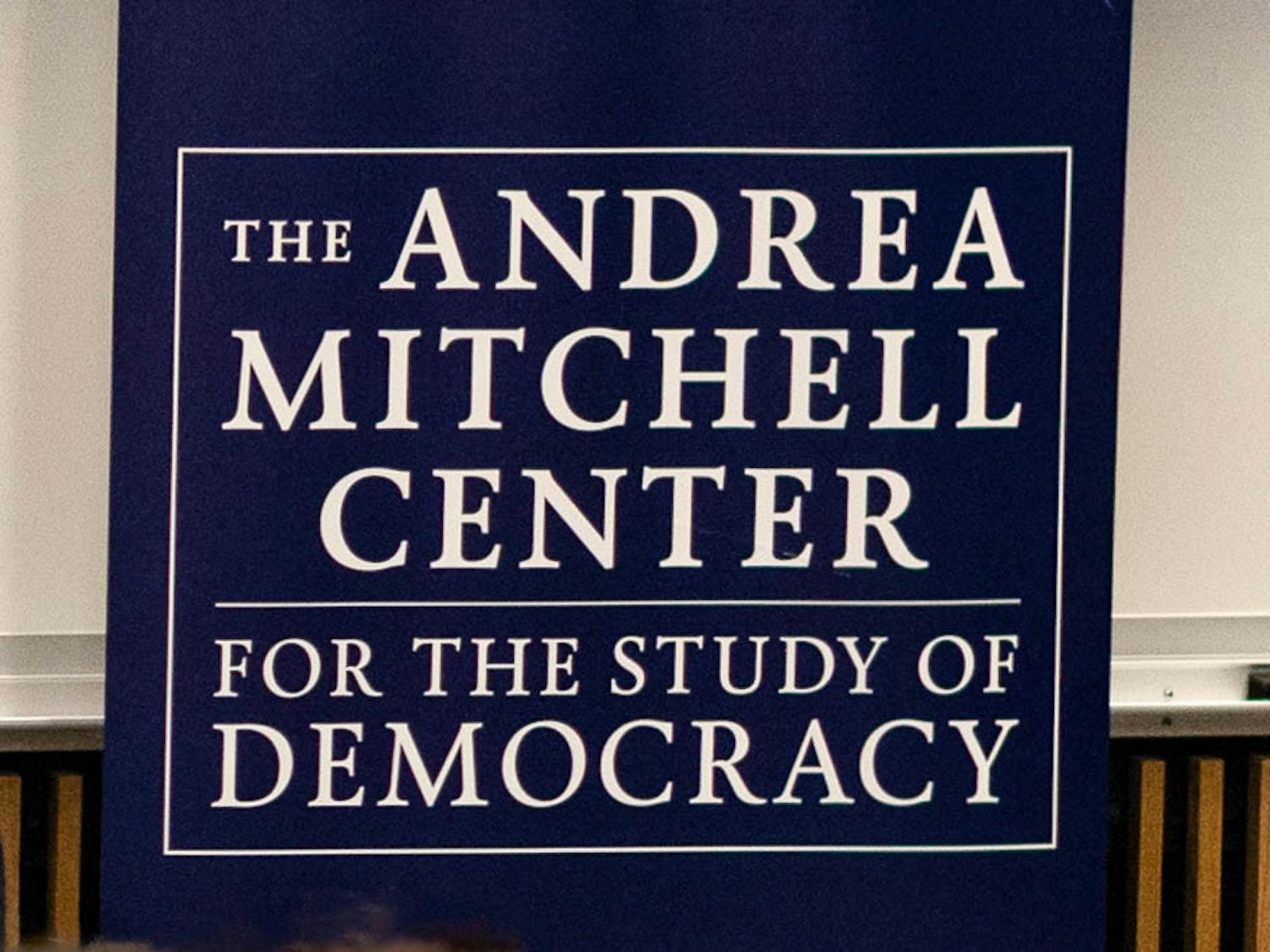The University stands to lose millions of dollars in federal funding regardless of how current federal budget negotiations turn out, administrators said yesterday. "It's a lose, less-lose situation," said David Morse, assistant vice president for policy planning. The bi-partisan budget compromise reached Sunday between President Bush and Congressional leaders seeks to reduce the federal budget deficit by more than $500 billion over the next five years through a combination of the biggest tax increases and spending cuts ever. The deal may still fall apart, triggering substantial automatic across-the-board spending cuts. The final details of the budget package have not yet been worked out, but University administrators are keeping a close eye on the situation to see how much money the University will lose as a result of the spending cuts. "Thirty percent of our funds [about $350 million] comes from the federal government, so the federal budget is of intense interest to us," Senior Vice President Marna Whittington said yesterday. Sunday's budget compromise forestalled deep across-the-board cuts in federal programs required by the Gramm-Rudman deficit reduction law. Administrators said such automatic cuts would be disastrous for the University, but they warned that even the budget compromise would have painful consequences. The plan calls for a $30 billion cut in Medicare payments to hospitals and doctors over the next five years. As a result, HUP could lose millions of federal dollars, Whittington said. In addition, the package would cut $2 billion from student aid nationwide. Morse said his office will work with local Congressional leaders to minimize the effect of the cuts on the University. The budget deal does not cut money for research, Morse said. Last year, the University took in $150 million in federal research funds, which accounted for about 80 percent of the University's total research budget. "There's a sense, in terms of research, that we [the United States] are losing or have not maintained our competitve edge vis-a-vis our industrial competitors like Germany, Japan and other nations," Morse added. "You have to infuse [research] funding to maintain our competitive edge." The budget compromise must now be approved by the rank-and-file members of Congress. If the budget is not passed by October 19, the Gramm-Rudman deficit reduction law will force across-the-board cuts of as much as 40 percent in all government programs. "It [Gramm--Rudman] is still a prospect that we have to understand we might face," Morse said. "There are a lot of things in this budget package that aren't going to be particularly welcome to the rank-and-file and to the taxpayers." Research funding cuts under Gramm-Rudman could cost the University tens of millions of federal dollars, Morse said. "It could be implemented in a way that all grants are cut by a certain percentage, or you could go by priorities and not cut so deeply in some areas, but have other grants completely eliminated," Morse said. A 40 percent cut in Pell grants and Supplemental Education Opportunity Grants would cost the University an additional $1.5 million, Morse added. But administrators remain hopeful that the budget compromise will pass without severely affecting the University. "I think it's good news at this point, but let's just hope that it holds together," said Anthony Merritt, director of the Office of Research Administration.
The Daily Pennsylvanian is an independent, student-run newspaper. Please consider making a donation to support the coverage that shapes the University. Your generosity ensures a future of strong journalism at Penn.
Donate







